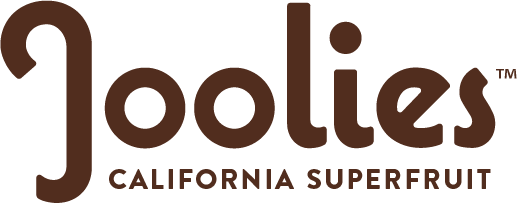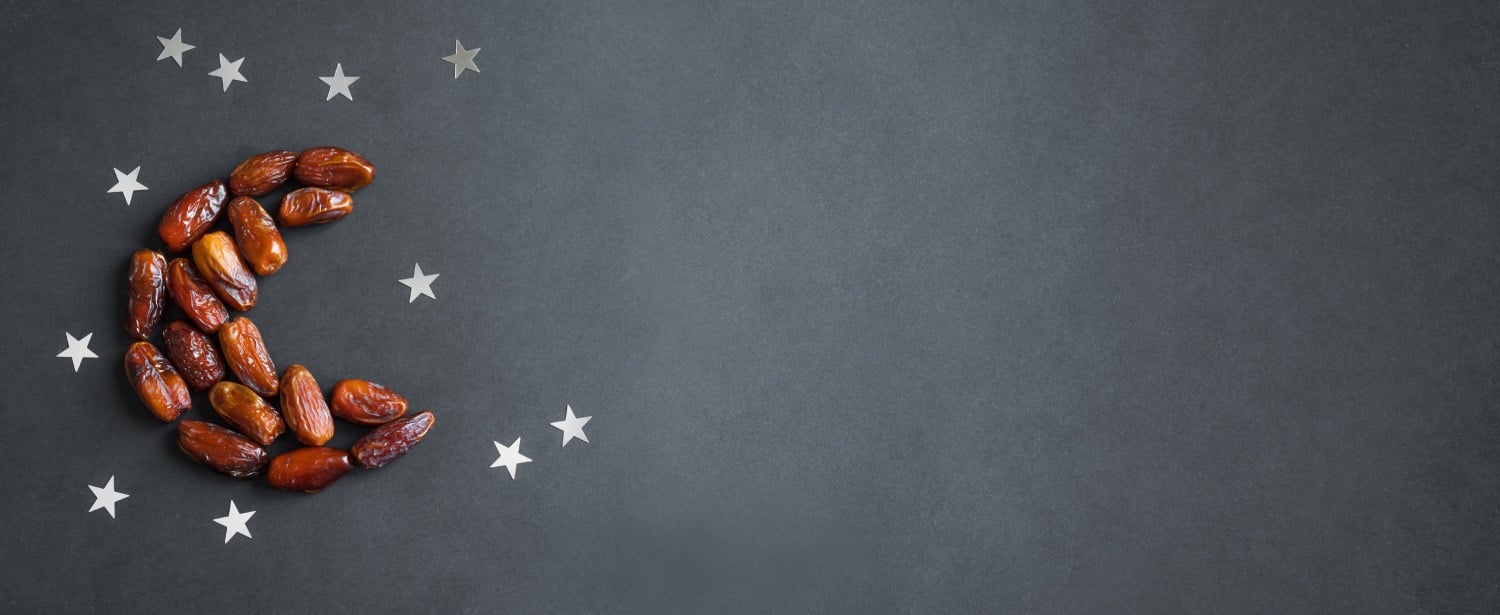Throughout the world, Muslims observe Ramadan, which describes the ninth month of the Islamic calendar. It is a sacred tradition and spiritual ritual that purifies the soul and brings them closer to Allah, or God.
During Ramadan, faithful followers take part in a daily fast. The beginning and ending of Ramadan is dependent on the moon, with the appearance of the new moon marking the start. Those of Islamic belief observe Ramadan as a month of reflection, prayer, family, community, charity and reading from the Koran.
The history behind Ramadan is connected to the time in which the Koran was first revealed to Mohammed, the prophet, and followers fast to commemorate this event. Beginning at dawn (after a light meal called the Sudhoor) and lasting until sunset, Muslims do not eat, drink, or take part in any sinful activities.
The breaking of the fast is a unique experience for all Muslim families, however most observe some similar traditions. The meal that breaks the fast is called Iftar. Many Muslims observe Iftar by eating three dates, just as the prophet Mohammed did when he broke his own fast... with three dates and water. In Hadith literature, the Messenger of Allah would break fast with ripe dates before prayer.
Dates have historically been a major part of Middle Eastern culture and a staple item in the cuisine. The hot, desert climate of the area makes for perfect weather conditions for the date palm to flourish.
Apart from having spiritual significance and being juicy, delicious treats, dates are also an incredible source of nutrients, antioxidants, and health benefits. While observing Ramandan and fasting from sunrise until sunset, dates are a perfect food to consume in order to restore your energy and give your body the fuel it needs.
The following is a list of reasons why dates are a nutritious food to eat after fasting.
- Dates are high in sugar to give you a natural energy boost. After fasting all day, your body is craving carbohydrates and sugars to maintain its energy sources. Dates are naturally high in sugar and the right kinds of carbohydrates to rejuvenate your body’s energy levels. It is common to feel lethargic after fasting. Eating one to three dates before anything else to break your fast is a sure fire way to combat the exhaustion you may feel. Within an hour of digesting a date (or two...or three), your body feels vigor and the sugar is replenished in the blood, which the lack of is one of the main causes of hunger and tiredness.
- Dates are a great source of fiber. Fiber helps you feel full. When you’ve spent a long day fasting, your first instinct might be to stuff your face once it’s time to feast. By eating a few dates before you consume anything else, you can satisfy your hunger without overeating and causing yourself any discomfort. You can ease your body back into eating a normal meal, without overdoing it.
- Dates help alleviate symptoms of low blood sugar. During a fast, whether it is for practicing a spiritual ritual such as that during Ramadan or a specific dieting pattern, you can experience low blood sugar which can leave you feeling weak, tired, and light headed. Dates are a natural sugar supply to consume that will combat low blood sugar and help you feel better overall. Headaches are a common result of low blood sugar levels and fasting. Dates can help alleviate headaches.
- Dates can help with digestion. You can often experience nausea or an upset stomach in general when you start eating after fasting all day. Dates are great for digestion. They help ease constipation due to their high fiber content.
- Dates are chock full of vitamins and nutrients. It is no wonder why dates are a significant part of Middle eastern culture. They are jam-packed with essential vitamins and nutrients. Dates contain more potassium than a banana, and also magnesium, iron, copper, phosphorus, and calcium.
Many followers of Islam break their fast during Ramadan with fresh dates. Others incorporate them into their favorite recipes. Medjool dates are a variety of date that are larger, chewy and caramel-like in taste and texture. They are often baked into desserts, blended into smoothies, or one of the most popular ways to enjoy them is stuffing them.
It is common to pit and stuff dates with different nuts, like almonds, pistachios, pecans, or fill them with cheese, tahini or candied oranges. When it comes to stuffed dates, the possibilities are endless. If you visit any pastry shop within Northern Africa or Middle Eastern countries, you’ll see a variety of stuffed dates being served.
In countries outside of the Middle East and Northern Africa, it is more common to chop up pitted dates to enjoy in salads, sandwiches and pastas. They add a refreshingly sweet and juicy taste to your meal.
In Conclusion
Fasting during the month of Ramadan is a spiritual tradition to bring you closer to God and your community. Dates have been a long time celebrated food of Middle Eastern culture and a respected source of nutrients and health benefits for followers of Islam. Following the tradition of consuming dates upon breaking the fast, allows one to feel closer to their spirituality, the Prophet and Allah, or God, which is a sacred experience for Muslims.
You can enjoy dates fresh, dried or stuffed; in any variety, from Medjool to Deglet Noor, or Bahri to Dayri. They’re delicious on their own, or when you include them in your favorite pastry or dessert recipe. There are so many ways to incorporate them into your diet and benefit from the health advantages that this super fruit has to offer.








